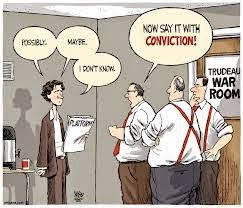 |
| a fussy eater |
One of my favourite English words is fussy.
It means to be particular or demanding about something. Often these demands are very detail
oriented. People who are fussy are hard
to please.
While it is negative, it isn't extremely negative.
Examples
He is very fussy about his kitchen. He cleans it three times a day.
Mary is very fussy about her salads. If she finds even the wrong lettuce, she gets
angry.
Daniel is a fussy eater.
He doesn't eat any red or yellow vegetables.
I am very fussy about my beer. It has to come from glass bottles and it must
be cold! Don't even try and serve me
beer from a can!













